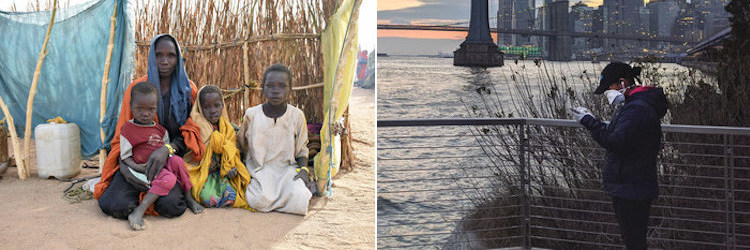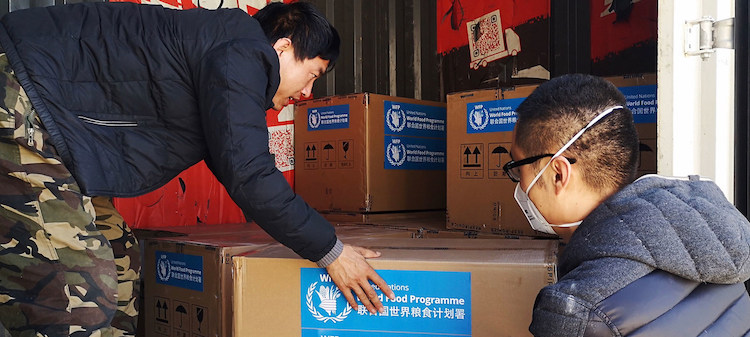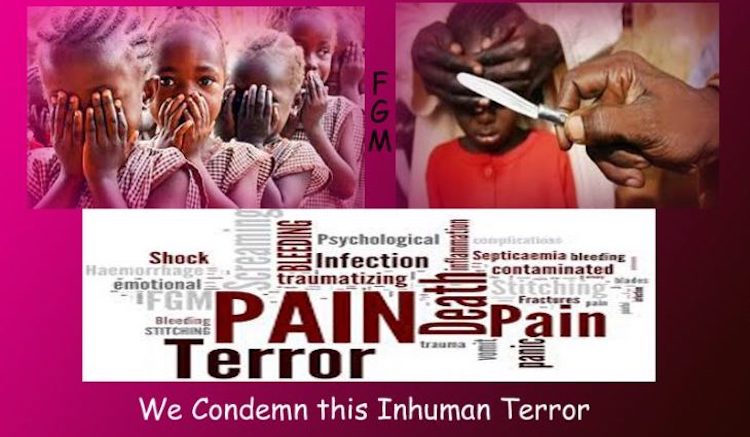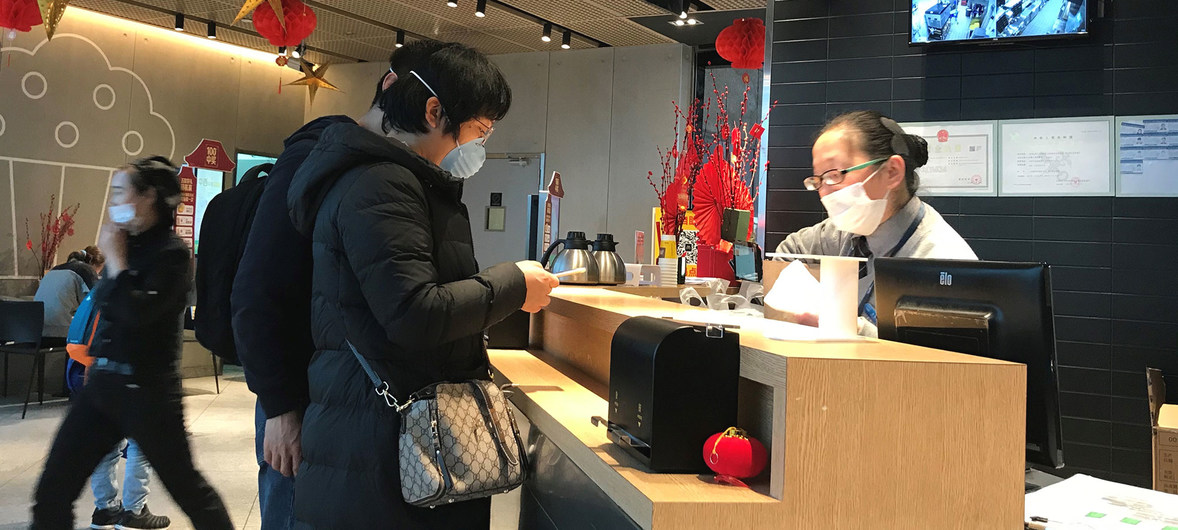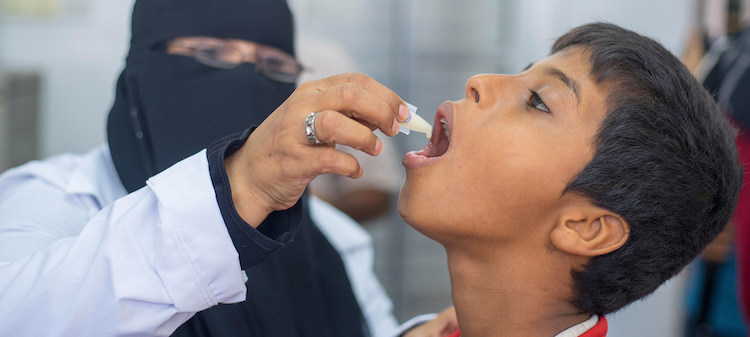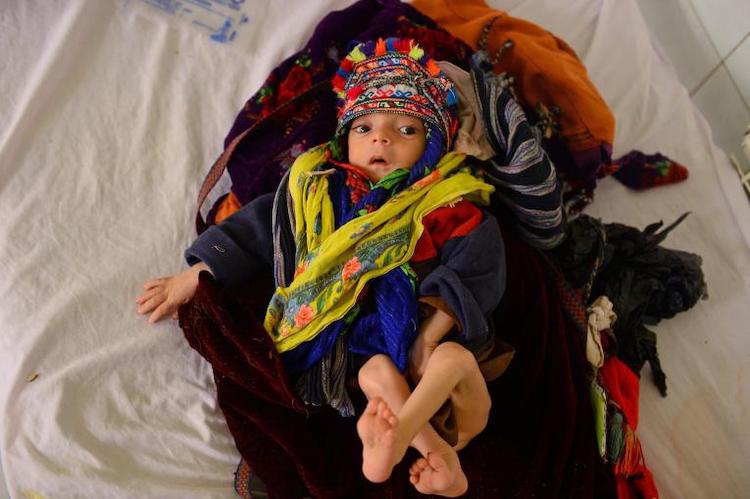By Daniel Johnson of UN News GENEVA (IDN) – United Nations agencies are working round the clock to provide all the necessary aid to vulnerable sections of the society to combat the Coronavirus pandemic at diverse levels: ensuring meals to millions of children affected by the closure of schools, airlifting relief to Sudanese refugees in […]
China Shows Novel Coronavirus Can Be ‘Stopped in Its Tracks’
By UN News BEIJING (IDN) – China’s experience in containing the spread of the new coronavirus could serve as a lesson for other countries now facing the COVID-19 pandemic, a senior official with the World Health Organization (WHO) has told UN News in an in-depth interview. While more than 153,00 cases of the respiratory illness […]
Veteran Mental Health Charity Leaves Thousands at Risk
By J W Jackie RENO, Nevada, USA (IDN) – A UK-based mental health charity that provides treatment to around 2,000 military veterans every year has announced that it will no longer be accepting new referrals. Combat Stress has helped veterans for more than 100 years but says that a lack of funding means that they […]
Accelerating Actions Towards Zero Female Genital Mutilation
By Caroline Mwanga NEW YORK (IDN) – While significant progress in eliminating the practice has been made in the last 30 years, approximately 200 million girls and women alive today have had their genitals mutilated. This can lead to long-term physical, psychological and social consequences, warns a joint statement by UN Women, UNFPA, UNICEF and […]
WHO Initiates a Two-Pronged Move to Combat Coronavirus
By Jaya Ramachandran GENEVA (IDN) – Two important steps have been taken to combat further spread of the new coronavirus (2019-nCoV) outbreak in China and globally. On the one hand, the international community has launched a US$675 million preparedness and response plan covering the months of February through to April 2020. On the other, the […]
Urgent Health Challenges Facing the World
By Sean Buchanan GENEVA (IDN) – A list of urgent, global health challenges released by the World Health Organisation (WHO) at the beginning of 2020 reflects deep concern that leaders are failing to invest sufficient resources in core health priorities and systems. This, says the Geneva-based UN agency, is putting lives, livelihoods and economies in […]
South Africans Mark World Aids Day With New ‘Wonder’ Drug
By Lisa Vives, Global Information Network NEW YORK (IDN) – On the occasion of World Aids Day on December 1, South African health minister Zweli Mkhize announced the roll-out of a new state-of-the-art antiretroviral drug which, he said, should drastically reduce the number of people living with HIV. The roll-out could start as soon as […]
Insect Birth Control to Combat Mosquito-Borne Diseases
By Kwame Buist GENEVA (IDN) – A form of insect birth control – Sterile Insect Technique (SIT) – that sterilises male mosquitoes using radiation will soon be tested as part of global health efforts to control diseases such as dengue, chikungunya and Zika. The technique involves the mass production, sex-separation and sterilisation of male mosquitoes […]
Pneumonia the Number One Killer Disease of Children
By Sean Buchanan NEW YOK (IDN) – Pneumonia, an entirely preventable disease, claimed the lives of 800,000 children – or one child every 39 seconds – under the age of five last year, but funding to improve survival rates continues to lag, according to a new analysis. Most deaths occurred among children under the age […]
Stress Epidemic Now Reaching Global Proportions
By J W Jackie RENO, Nevada, USA (IDN) – By next year, stress-related mental health conditions will be prevalent across the globe and will be second only to ischemic heart disease in scope of disability, as reported by the World Health Organization. In part, the problem has to do with work. A survey by business […]

